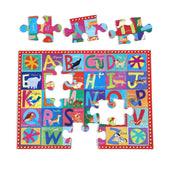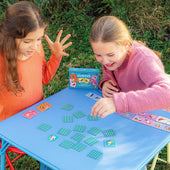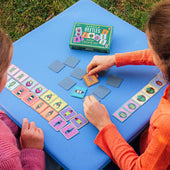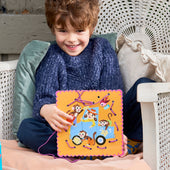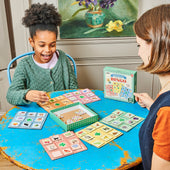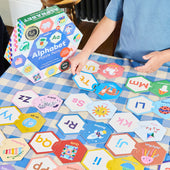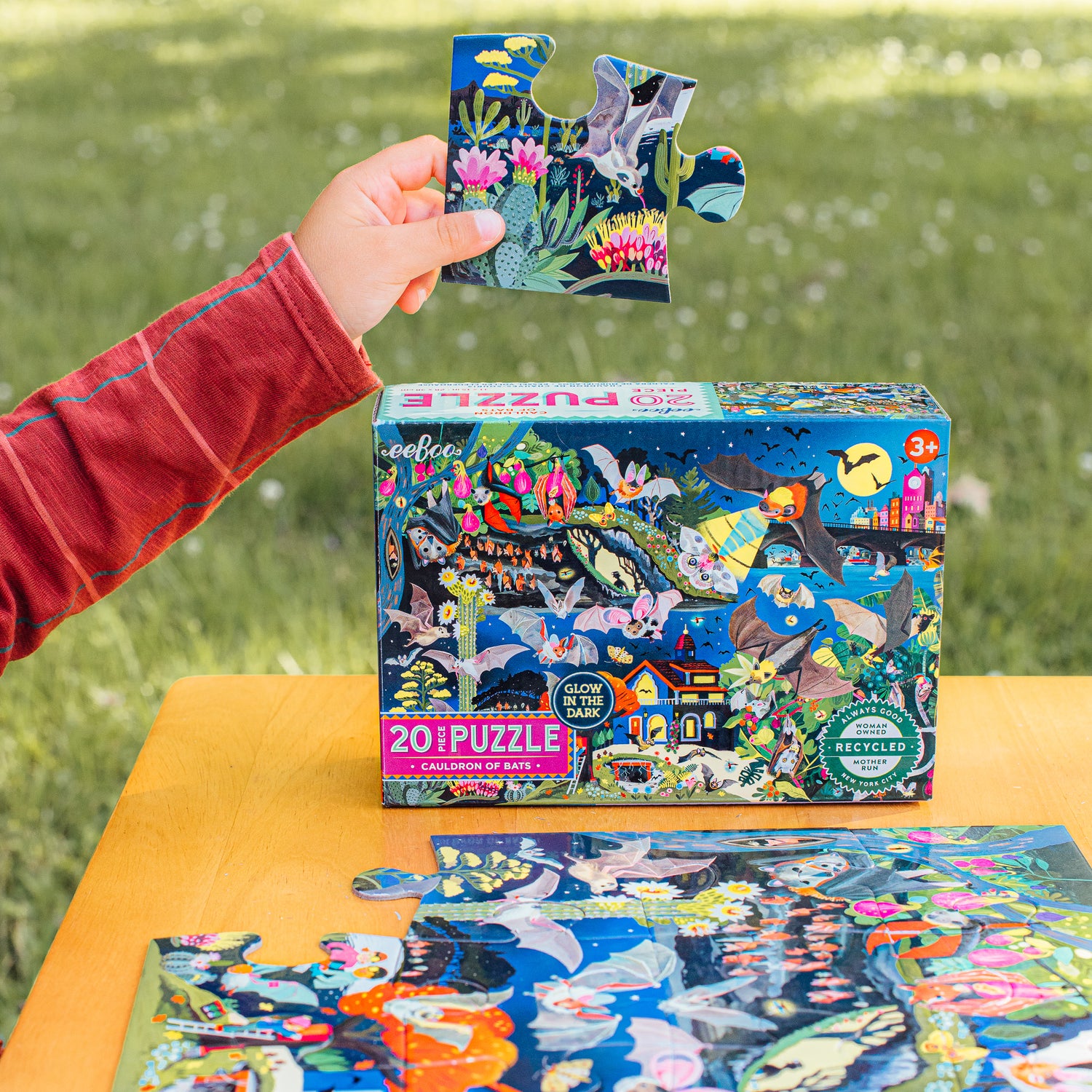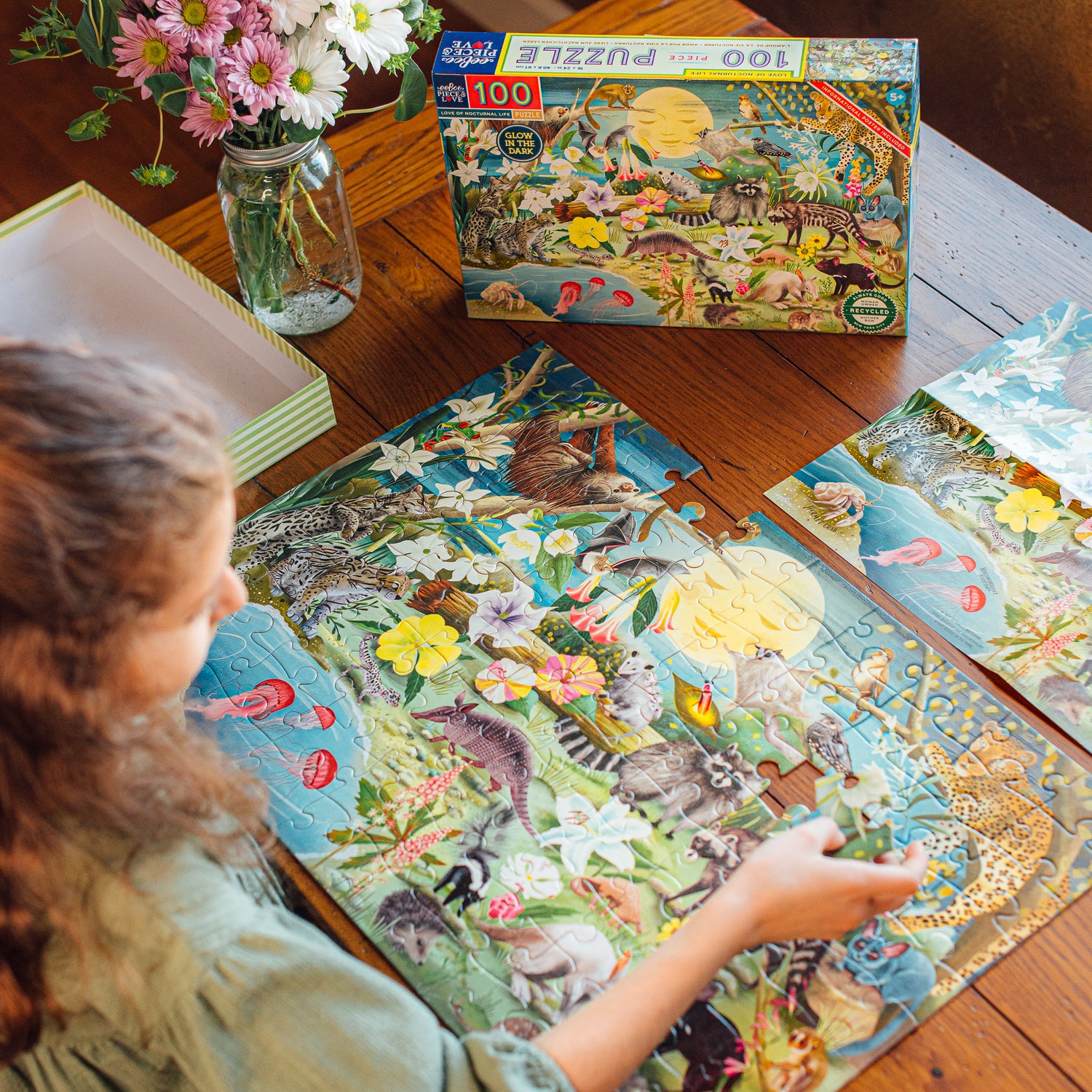Open-ended play is crucial for several reasons:
- Creativity and Imagination: Open-ended play encourages children to use their imagination and creativity. Without specific rules or instructions, they can explore endless possibilities, invent new scenarios, and come up with unique solutions to problems.
- Problem-Solving Skills: When children engage in open-ended play, they encounter various challenges and obstacles that require them to think critically and solve problems on their own. This fosters the development of important cognitive skills such as decision-making, strategizing, and reasoning.
- Social Skills: Open-ended play often involves collaboration and communication with others. Children learn to negotiate, share, and take turns, which are essential social skills for building relationships and navigating social interactions throughout their lives.
- Emotional Development: Through open-ended play, children have the freedom to express themselves and explore their feelings in a safe and supportive environment. This helps them develop emotional intelligence, empathy, and resilience as they learn to understand and manage their emotions.
- Independence and Self-Confidence: When children engage in open-ended play, they have the autonomy to make choices and take control of their play experiences. This sense of independence fosters self-confidence and self-esteem as they learn to trust their abilities and make decisions for themselves.
Overall, open-ended play provides children with valuable opportunities for learning, growth, and development across various domains, making it an essential component of their early years.


